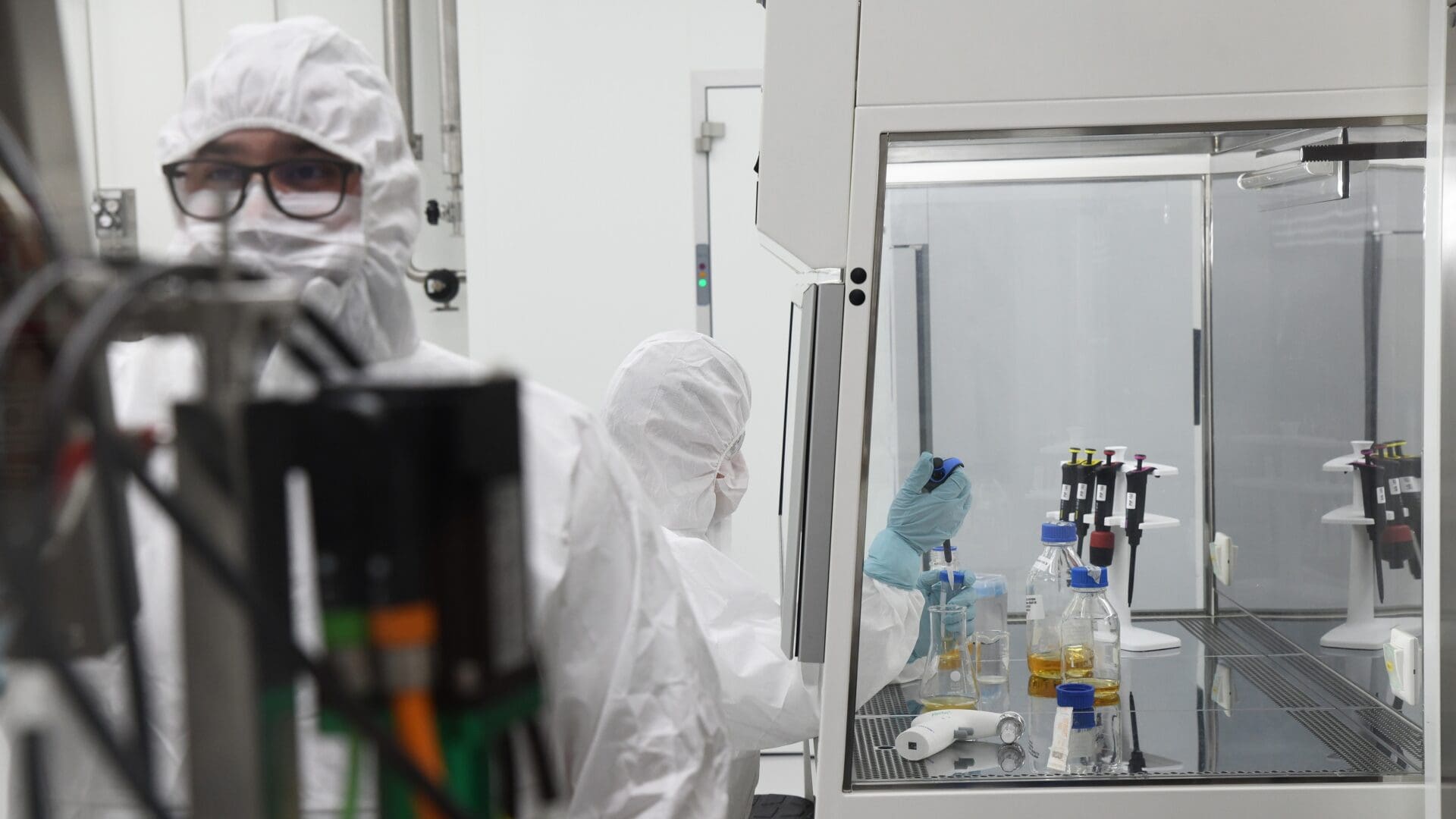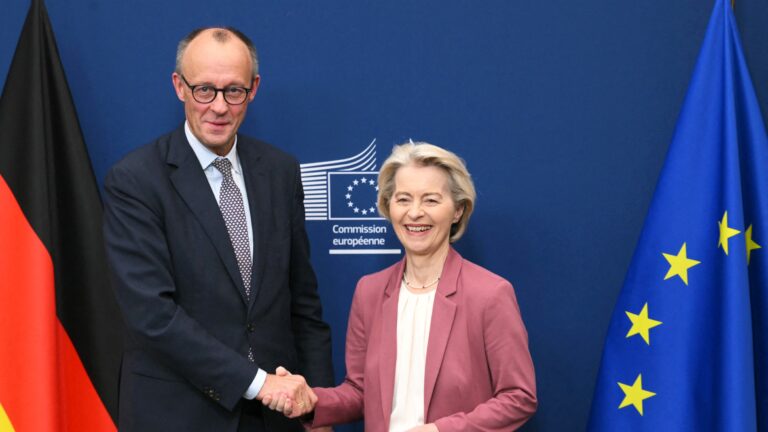This year more than twice the amount of last year’s funding, 43 billion forints, will be allocated to support research excellence, Minister for Culture and Innovation Balázs Hankó announced at the inauguration ceremony of the pilot research laboratory of the University of Debrecen on Tuesday.
Balázs Hankó noted that the funding can be utilized in the national research excellence programme, international applications, attracting outstanding researchers to Hungary, and university excellence scholarship programmes. ‘Renewed infrastructure, excellent Hungarian researchers: this is the Hungarian model, which, organized around universities, will strengthen the Hungarian economy and Hungarian sovereignty,’ the minister stressed. He stated that the government aims to ‘achieve nothing less than making Hungary one of Europe’s top ten innovators by 2030, and to have our universities among the world’s and Europe’s top 100 by 2030. All this should strengthen and support the sovereignty and economy of the Hungarian nation.’ This is why the John von Neumann programme was launched, which aims to strengthen the health industry, the pharmaceutical industry, digitalization, and the green transition in agriculture, all to reinforce Hungary’s sovereignty, Balázs Hankó explained.
He recalled that one of the key pillars of the John von Neumann programme is the development of science parks. Thirteen universities, including the University of Debrecen, have applied for funding, and the newly inaugurated pilot research laboratory built in its science park was financed through that grant.
György Kossa, Chairman of the Board of Trustees of the foundation maintaining the University of Debrecen, indicated that
the strategic goals of the university have long included the establishment of a health industry ecosystem,
supporting innovation, and, in parallel, close cooperation with industrial partners. They won a non-refundable EU grant of over 5 billion forints for the establishment of the pilot research laboratory, he reminded.
Chancellor Zoltán Bács stated that they implemented a unique, complex pharmaceutical investment in Hungary, noting that the laboratory will operate in a trial phase until 2026, which will still be a development phase, and after an investment of around one billion forints, the production phase can begin.
Debrecen Mayor László Papp described the local economic development of recent years an unparalleled success, resulting in the creation of about 20,000 new jobs in the city with an investment of more than 5 trillion forints. The university of the city has spent 82 billion forints in the past five years and plans to spend another 60 billion on education, science, and research development in the next three years, he underscored.
The most recent investment laid the foundation for the pilot research laboratory to become an industrial player capable of producing virus–and bacteria–based biological active ingredients using sterile manufacturing technology, growing into a research and development unit of the university based on its knowledge base. The central element of the project was to establish a scientific centre where pharmaceutical development and small-scale production activities could be conducted in a biosafety level 2 (BSL2) work environment.
Rector Zoltán Szilvássy explained that they expect the new research-manufacturing unit to develop a bacteriophage (bacteria-killing virus) that will eliminate all hospital infections caused by local antibiotic-resistant bacteria within a year, thereby ending such infections in all health institutions in Debrecen in the future. Further research will focus on extending the effect of narrow-spectrum bacteriophages more widely, so they can be used across the continent to eliminate hospital infections, the rector highlighted.
Related articles:







